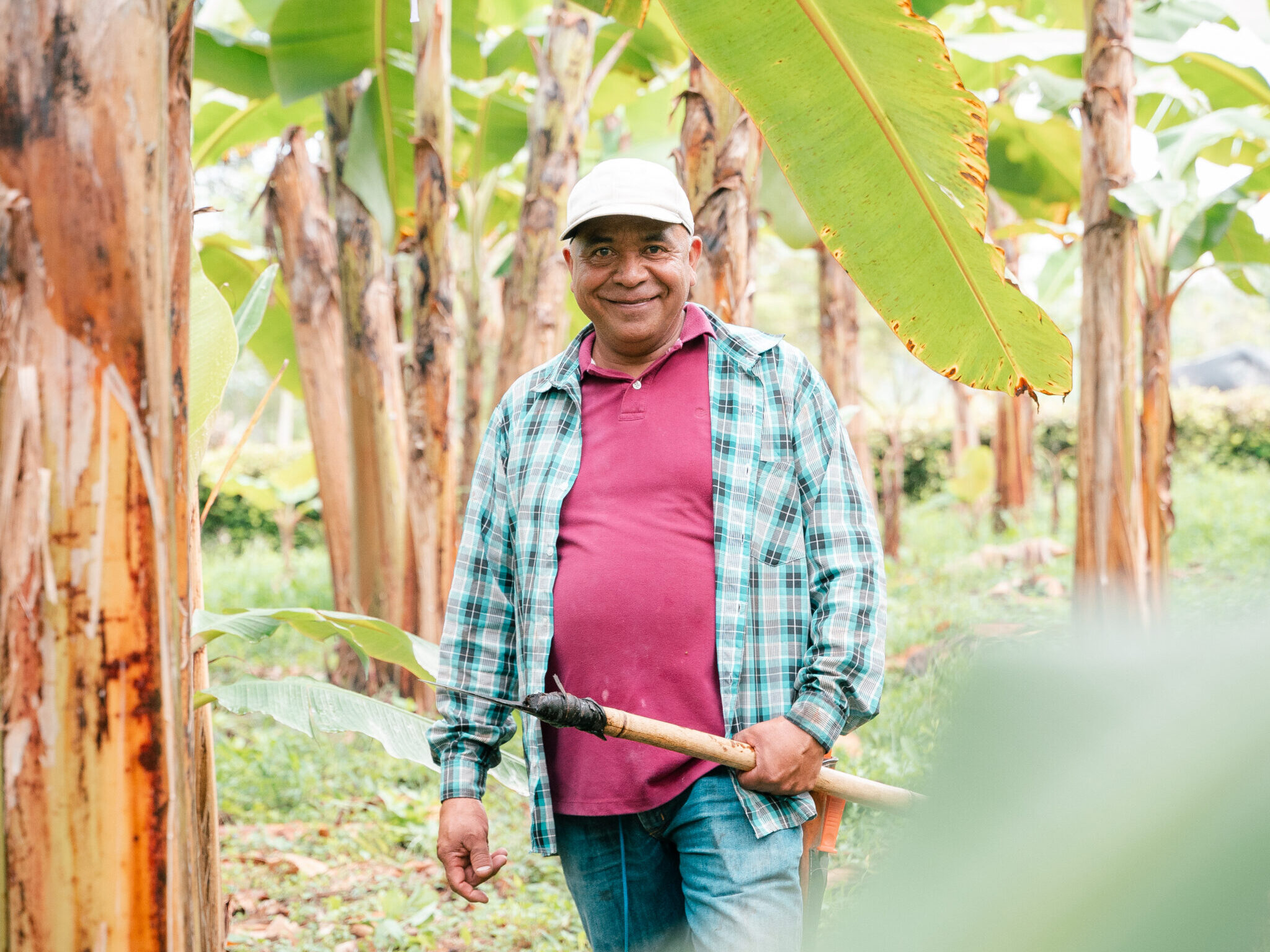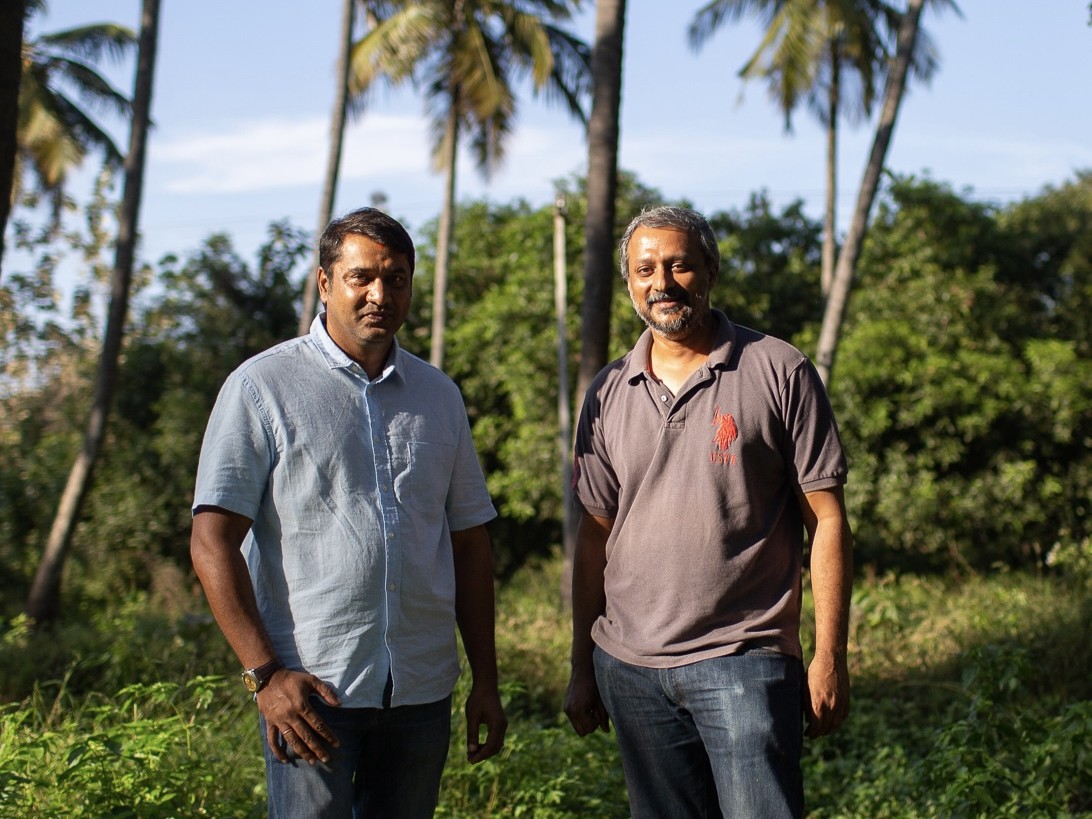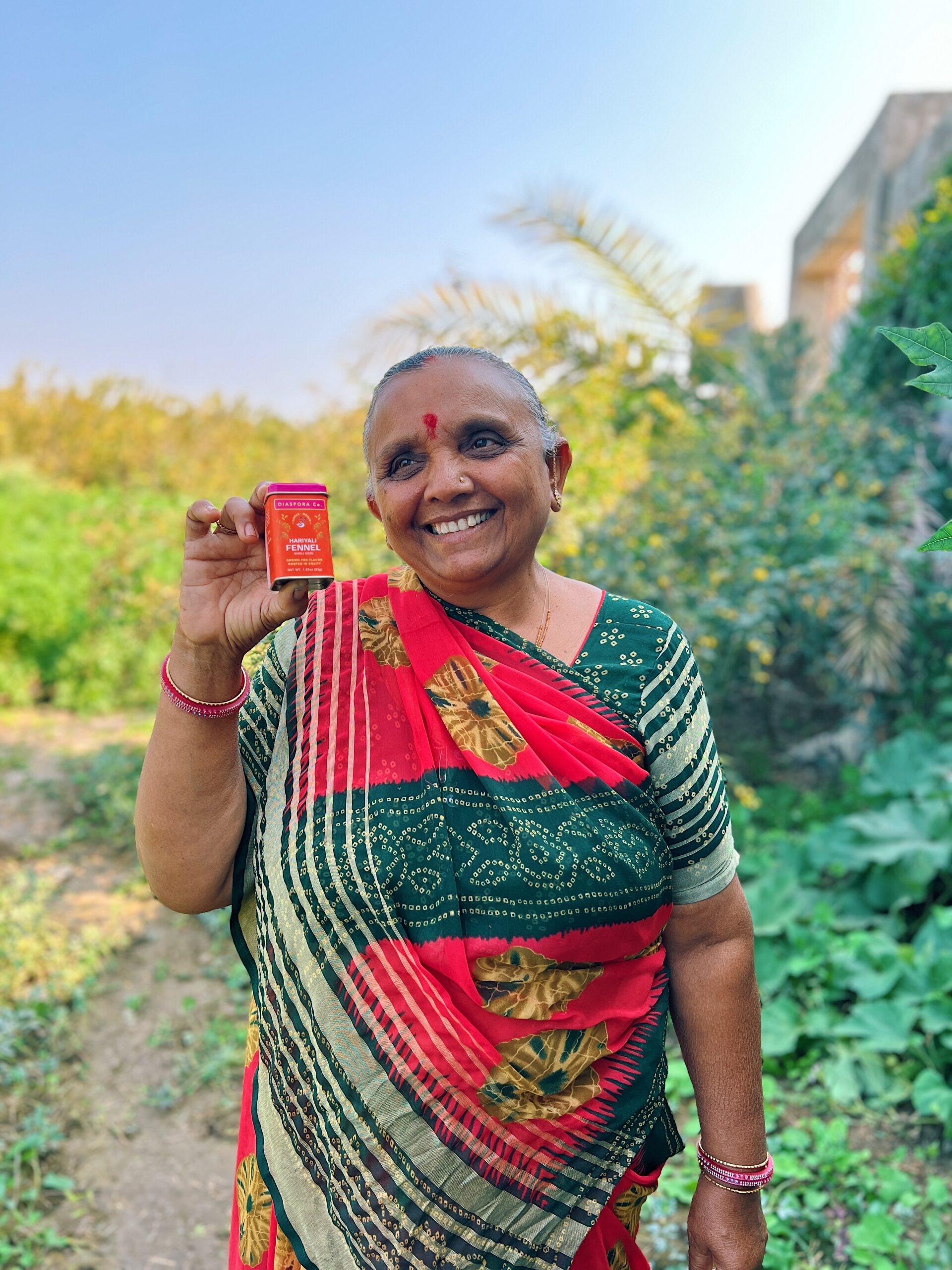I described the distinct differences between money and land-based economies.
We need both facets of the economy, but with a renewed awareness of land. By and large the land economy has been adumbrated by the money economy. Everything, it seems, has been monetized. What the Relocalization Movement, Transition Towns, Business Alliance for Local Living Economies, TimeBanks, BerkShares, Buy Fresh Buy Local, and Community Supported Agriculture, along with numerous other groups are doing, each in its own way, is trying to reawaken the local-regional economy consciousness with the rebuilding of community and resilience at the core of all initiative. In essence they are encouraging communities and individuals to take back authority as much as possible for the development of economic life out of a sense of interdependence. In some cases these groups are creating their own innovative means of exchange in order to complement the conventional money system. And the new tools are more in alignment with the values they are cultivating. The money economy has set us in competition with one another, atomized us and left some of us in a state of fear of not having enough to take care of ourselves—all on the assumption that the only way to meet one’s needs is through money. Since we are so busy trying to make money, and do not have time to do anything else, we are left with paying someone else to take care of matters. The extreme of the money economy is that we work so hard at our livelihood that we end up outsourcing our life.
The conclusion of all this economic history and analysis is to say that we need a new kind of economy, which raises the local-regional land-based on equal ground with the global, recognizes the value and role each play, and manages capital in a way that supports the interplay between them. This management component would raise community self-determination to a new level beyond politics, recognize the importance of multi-stakeholder participation and at the same time steward the intersections between local and global via larger scale associations of stakeholders. A picture that says only one system is the answer for all, that to be economically viable and profitable, for example, everything must be built out to large-scale efficiencies, no longer works.
Both the money system, though overstretched and fraying at the edges, and land-based systems are already working, even if the latter is still surviving only in the background. However, in many cases the local or regional land-based solution is going to be far more resilient in the future because those who create it usually feel responsible and accountable for what they have co-created and accomplished. To change our economic being will require a radical reconsideration of ownership—how we own, why we own—and a major disruption of the myth of self-interest. The reality of our interdependence in economic life will have a new story that also celebrates the importance of community-interest, both local and global.
What we seriously lack in order to move toward this new level of economic system consciousness is an educational infrastructure that seriously challenges the current economic and money paradigm while researching and experimenting far more broadly the methodologies and benefits of the land-based economy. But nothing will happen in this direction unless each of us steps out of consumer consciousness—one endgame of the money economy—and finds a way to really reconnect with land, not as real estate, but as the source of all economic life.
by John Bloom
John Bloom is the former Senior Director, Organizational Culture at RSF Social Finance.


